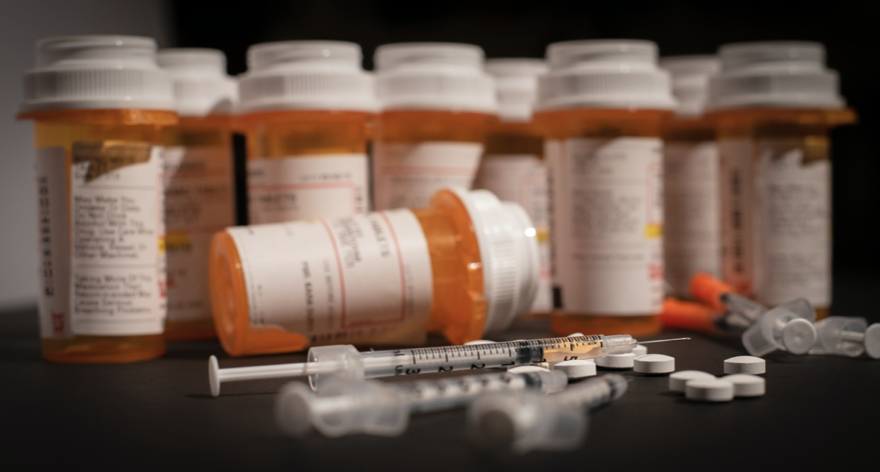Prescription drug addiction has become an epidemic in the United States. According to the National Council on Alcoholism and Drug Dependence, about 20% of the US population has abused prescription medications at some point in their lives.
The Substance Abuse and Mental Health Services Administration states that an estimated 2.1 million Americans between the ages of 12-17 reported misses of prescription drugs, and among children ages 12-13, prescription drugs were considered the drugs of choice.
Prescription drug abuse is defined as using medications in ways in which a doctor never intended. This abuse can take many forms, including:
- Taking higher doses
- Taking doses close together
- Snorting, chewing, or injecting medications to make them work faster
- Taking medications in combination with alcohol, to increase the effect
- Taking medications without any prescription at all
Unfortunately, addiction is a process that can happen slowly. Someone with a prescription drug addiction might be given a prescription for medications and begin taking the drugs exactly as they are prescribed. Slowly, the person might begin taking higher doses. This drug use becomes compulsive, abuse soon follows, and addiction completes the cycle.
Commonly abused prescription drugs:
Prescription Type Medication Type Brand Names
Opioids Codeine Robitussin, Colrex, Tylenol 3
Opioids Fentanyl Actiq, Duragesic
Opioids Hydrocodone Vicodin, Lortab, Loricet
Opioids Morphine Duramorph, Roxinol
Opioids Oxycodone OxyContin, Percocet, Percodan
Depressants Barbiturates Nambutal, Luminal
Depressants Benzodiazepines Valium, Xanax, Ativan, Limbitrol
Depressants Sleep Aid Ambian, Lunesta
Stimulants Amphetamine-based Adderall
Stimulants Methylphenidate-based Ritalin, Concerta
People who fall into prescription medication abuse and become addicted to drugs develop a physical dependence and will go through withdrawal if they stop using it. The withdrawal symptoms can be extremely uncomfortable. Oftentimes, a medically supervised detoxification program is necessary. Dependency not only involves physical dependence but also a psychological need or craving. These negative effects can include loss of control, decrease in social interactions, ineffectiveness and inability to work, an increase in time spent obtaining and using drugs, and risk of overdose.
People who are addicted may go to great lengths to keep their addictions a secret, but oftentimes they may have changes in behaviors their loved ones are sure to notice. Addictions can look different in people, as they behaviors a person exhibits surrounding the addiction are often dependent on drug of choice, personality, age, and class.There are some behaviors, however, that most people who abuse prescription drugs share.
These behaviors should be considered red flags for addiction:
- Getting prescriptions for the same drug from different doctors
- Filling prescriptions at multiple pharmacies
- Faking illnesses or injuries in order to get new prescriptions
- Hiding or storing pills
- Borrowing money or stealing money to buy drugs

